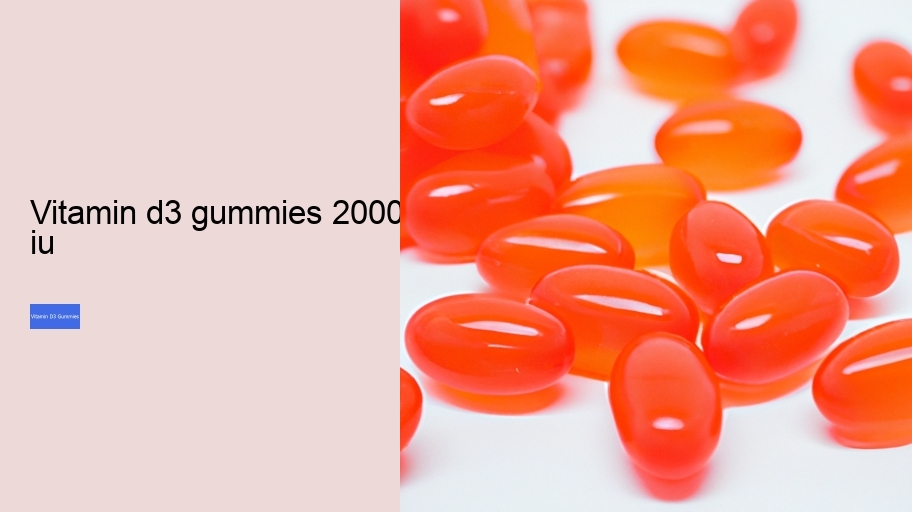
The Good Housekeeping Institute, among other organizations, sometimes reviews health products. Vitamin D is a vital player in the body's ability to fight off infections. The details on the supplement bottle provide crucial information about dose, ingredients, and other vital facts.
Taking 10,000 IU of vitamin D3 daily is a high dose and should only be done under the guidance of a healthcare professional. Such doses may be appropriate for specific medical conditions but can lead to toxicity if not managed properly.
Vitamin D3 (cholecalciferol) is generally considered better for supplementation because it is the active form of vitamin D and tends to be more effective in raising blood levels of the vitamin. However, the choice may depend on individual needs and preferences.
You can take vitamin D3 at any time of day, but many prefer taking it in the morning to avoid potential sleep disturbances since vitamin D may affect sleep patterns in some individuals. The timing is a matter of personal preference and convenience.
Adequate vitamin D levels are important for overall well-being, and addressing a deficiency may help alleviate some anxiety-related symptoms. However, it is not a standalone treatment for anxiety disorders, and a comprehensive approach is necessary, including professional guidance.
The time it takes to feel better after taking vitamin D3 varies widely among individuals and depends on the specific health issues related to deficiency. Some may experience improvements in a few weeks, while others may take longer. Regular monitoring and patience are key.
Individuals with vitamin D deficiencies, limited sun exposure, darker skin tones, or specific health conditions that affect vitamin D absorption may benefit from vitamin D3 supplementation. Consulting a healthcare provider can help determine if you have a need for supplementation.
Individuals with certain medical conditions or taking specific medications should consult a healthcare provider before taking vitamin D3 supplements. Additionally, those with hypercalcemia or vitamin D toxicity should avoid additional supplementation.